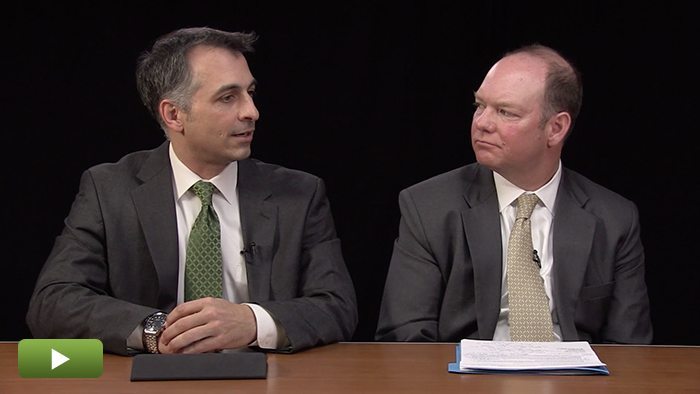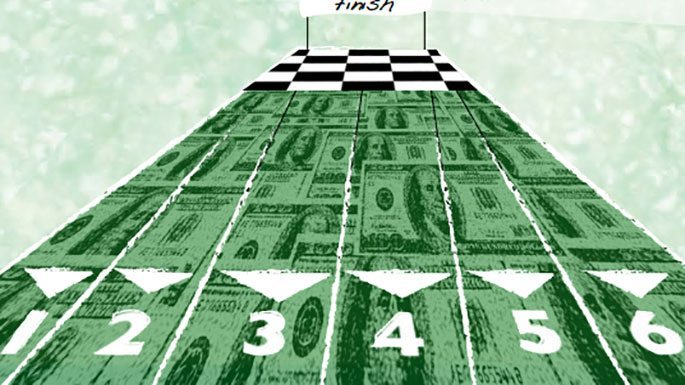Maximizing IRR

Grabbing deals is often a focus for GPs, but many do not focus on optimizing the performance of the fund. Common missteps can cost funds precious points of IRR, experts tell Privcap.
Slow and steady IRR does not bring the glamour of a smash-hit deal. So a lot of GPs focus on the latter and neglect the former, concentrating on blockbuster deals and forgetting they have a fund to manage.
“I don’t think any fund manager intentionally tries not to optimize a fund,” says Kevin Kester, a managing director at Siguler Guff, speaking at a recent Privcap roundtable. “But human nature, fund structure, and other pressures often create a situation where fund managers produce excellent deal-by-deal returns but lose precious IRR points.”
Sell When It’s Time to Sell
Another way managers shave points off their net IRR is by not selling when the markets say sell.
“There’s a lot of ‘I’m not done with my value-creation plan’,” says Andrea Auerbach, a managing director at Cambridge Associates. “Managers don’t acknowledge the possibility that maybe they should sell right now.”
It’s a hard decision to make. But Auerbach says it’s a primary driver of top-quartile performance: selling when it’s time to sell.
Pacing and calling capital when you need it—those are two more imperatives for effective IRR management. “Another is deadwood,” says Michael Elio, a partner at StepStone Group. “When you get an opportunity to dispose of smaller, less successful companies in your portfolio, take it and move on. A lot of GPs fall in love with deals and think that, given a little more time and capital, they might rise to the occasion. That’s rare. Get rid of them as soon as possible.”
Timing is crucial in making returns. One way to manage the timing to raise IRR is the “European waterfall,” which directs more capital back to investors earlier in the life of a fund and boosts net IRR.
“IRR is so time-sensitive that steps you can take early in the life of the fund to affect cash flow both in and out are incredibly important,” Kester says.
Consider the Dividend Recap
Many GPs get capital back to investors earlier via dividend recaps. But they’re not always the best option.
“Managers need to find the happy medium between when is the right time to do a dividend recap and when is the right time to sell the company,” Elio says. “Too often folks lean toward ‘Let’s do a dividend recap, pull out as much as we can, and ride this as far as we can go.’ We saw what happened in the last downturn.”
Often managers put a company into a process and if the bids don’t hit their number, they do a leveraged recap, return money to the LPs, and play on. This is popular now, given where interest rates are and the availability of credit, but it raises questions.
“What’s the debt-to-EBITDA of that company?” Auerbach says. “Is it greater or less than what it was before? Is it a covenant-light package? How battle-ready is this capital structure for what might be coming down the road?”
Still, if managers know they’re going to sell a company, then they should think about a dividend recap right away. “It’s a great way to move some IRR points forward and lock in some returns,” Kester says. “And if you don’t sell the company, well, you’ve already done the dividend recap. You haven’t waited 12 months.”
Grabbing deals is often a focus for GPs, but many do not focus on optimizing the performance of the fund. Common missteps can cost funds precious points of IRR, experts tell Privcap.

